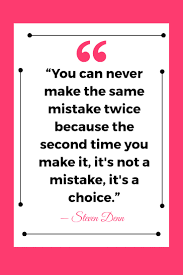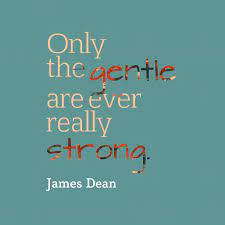What nonsense.
Consider other performance domains, such as basketball or surgery or opera singing. Does a basketball team stick with a single defensive style regardless of the competition? Do surgeons follow techniques based upon their personalities or based on objective scientific data? Do professional singers adopt the same style to every composition they perform?
The reality is that high performance professionals learn to adapt their styles to the conditions of performance. A tennis player adapts to clay and grass courts. A football team adapts to changing defensive alignments. Actors adapt to their roles.
The most common weakness I observe among traders is that they seek a style of trading and attempt to fit that style into all market conditions. For example, a trader may seek to profit from trend or momentum, only to become frustrated when markets are "choppy" A trader may seek to trade one time frame when market cycles operate on very different scales.
My favorite analogy for this situation is the dancer who has a single style of dancing regardless of the music playing. While everyone else is slow-dancing to a waltz, they are thrashing about, mosh-pit style. Then they wonder why no one will dance with them...
The first question a trader must ask is not about "setups" and what is moving. The first question is: How is this market behaving and does that behavior present opportunities that I can exploit? Before you start dancing, you listen to the music. Before you begin surgery, you study the patient's condition.
Having a single style that you impose across all markets is not discipline; it is inflexibility. Some of the best market opportunities come from occasions when trades that had been working suddenly don't work. That can be a wonderful heads-up that conditions have changed and that it's time to adapt.
Further Reading:
The Challenge of Adapting to Changing Markets
.







